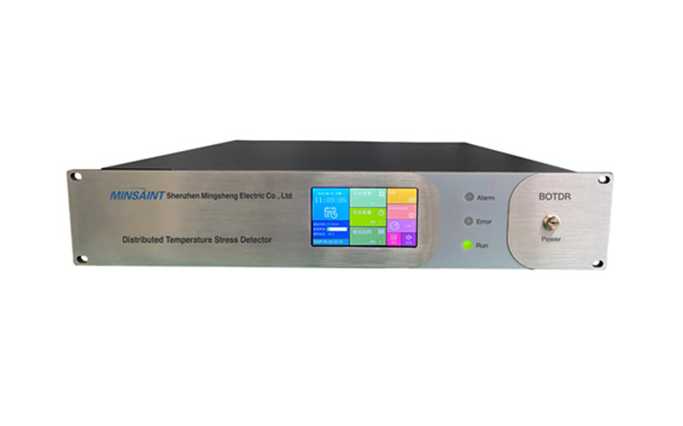In today's rapidly evolving world, the need for sustainable transportation has become more critical than ever. As we strive to reduce carbon emissions, combat climate change, and create a greener future, innovative technologies have emerged to revolutionize the way we move. This article explores the cutting-edge technologies driving sustainable transport, enabling us to build a more eco-friendly and efficient transportation system.
- Electric Vehicles (EVs):
Electric vehicles have gained significant traction in recent years, offering a cleaner alternative to traditional gasoline-powered cars. EVs utilize rechargeable batteries to power their electric motors, eliminating harmful emissions and reducing our dependence on fossil fuels. With advancements in battery technology, EVs now offer longer ranges, faster charging times, and improved performance, making them a viable option for everyday transportation. - Autonomous Vehicles (AVs):
Autonomous vehicles, also known as self-driving cars, are poised to transform the transportation landscape. By leveraging advanced sensors, artificial intelligence, and machine learning algorithms, AVs can navigate roads without human intervention. This technology holds immense potential for sustainable transport, as it promises to optimize traffic flow, reduce accidents, and enhance fuel efficiency through precise driving patterns. - Hyperloop:
The Hyperloop concept, pioneered by Elon Musk, envisions a high-speed transportation system that propels pods through low-pressure tubes at speeds exceeding 700 mph (1100 km/h). This revolutionary technology has the potential to drastically reduce travel times, congestion, and carbon emissions. By combining magnetic levitation, reduced air resistance, and renewable energy sources, the Hyperloop could redefine long-distance transportation, making it faster, greener, and more sustainable. - Shared Mobility:
Shared mobility services, such as ride-sharing and bike-sharing platforms, have gained popularity as sustainable alternatives to traditional modes of transportation. These services leverage smartphone apps and advanced algorithms to connect users with available vehicles, reducing the number of cars on the road and promoting efficient resource utilization. By encouraging shared rides and providing access to bicycles or electric scooters, shared mobility contributes to reduced congestion, lower emissions, and improved urban mobility. - Intelligent Transportation Systems (ITS):
Intelligent Transportation Systems integrate advanced technologies to optimize traffic management, enhance safety, and improve overall transportation efficiency. These systems employ real-time data collection, communication networks, and predictive analytics to monitor traffic conditions, optimize signal timings, and provide travelers with accurate information. By minimizing congestion and streamlining traffic flow, ITS reduces fuel consumption, emissions, and travel times, contributing to a more sustainable transport ecosystem.
Conclusion:
The technologies discussed above represent just a glimpse into the vast array of innovations driving sustainable transport. As we continue to prioritize environmental conservation and seek efficient mobility solutions, these technologies will play a pivotal role in shaping the future of transportation. By embracing electric vehicles, autonomous systems, hyperloop technology, shared mobility, and intelligent transportation systems, we can pave the way for a greener, more sustainable future, where transportation is both efficient and environmentally friendly. Let us harness the power of technology to revolutionize the way we move and create a better world for generations to come.






